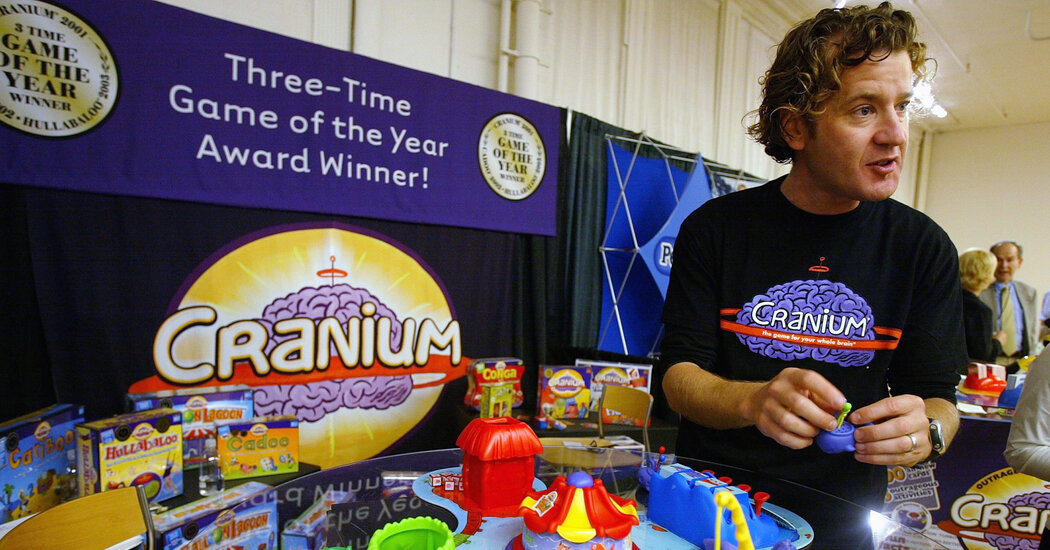
Mr. Tait studied computer science as an undergraduate at Heriot-Watt University in Edinburgh before moving to the United States, where he earned a master’s degree at Dartmouth’s Tuck School of Business. When he finished his M.B.A., he took a job with Microsoft, in the suburbs of Seattle, just as that software maker was growing into one of the world’s most powerful corporations. Not long after, he hired one of the company’s most notable employees: the future chief executive and chairman Satya Nadella.
In the 1990s, during the heyday of multimedia CD-ROMs, Mr. Tait oversaw Microsoft’s catalog of reference titles, including the Encarta encyclopedia and Bookshelf, a catchall collection spanning Roget’s Thesaurus, The American Heritage Dictionary, Bartlett’s Familiar Quotations and The Chicago Manual of Style. He eventually became a kind of entrepreneur-in-residence at the company, launching five new internet businesses inside Microsoft within four years, including Carpoint, a car-buying service, and Sidewalk, an online city guide.
He left the company in 1997, hoping to become a radio disc jockey on the strength of his Scottish brogue. But after a failed audition, he decided to develop Cranium, building a new company, Cranium Inc., with Mr. Alexander, a former Microsoft colleague.
When they finished creating the game in late 1998, game stores and other traditional retailers had already stocked their shelves for the holiday buying season. But one afternoon, when they met for coffee at a Starbucks in Seattle, Mr. Tait had another thought: What if they sold the game through the coffee shop chain?
“His idea was to sell the game not where games were sold but where our customers were,” Mr. Alexander said. “Most of the people we were going for would never set foot in a game store.”
Through an acquaintance, Mr. Tait arranged a meeting with Starbucks’s chief executive, Howard Schultz, and soon Starbucks was selling Cranium in shops across the country. Later, Mr. Tait and Mr. Alexander arranged similar deals with Amazon.com and Barnes & Noble, both of which were then known for selling primarily books, not games.




